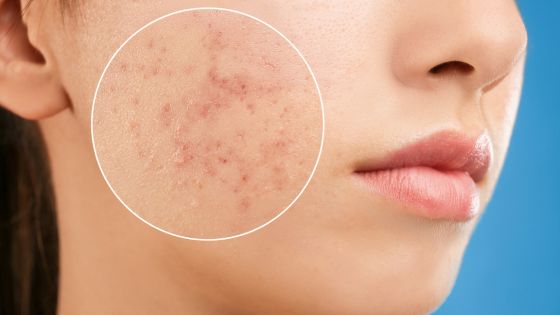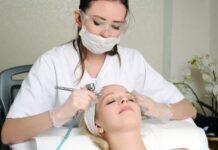Hormonal acne can be a frustrating and persistent skin condition that affects individuals of all ages. While there are numerous treatment options available, many people are seeking natural remedies that address the root cause of the problem. In this blog post, we will explore the concept of hormonal acne from a naturopathic perspective. We’ll delve into the underlying hormonal imbalances that contribute to acne, discuss the role of naturopathic medicine in treating hormonal acne naturopath from experts like Healthy Remedies Australia, and provide practical tips and strategies to help you manage and prevent breakouts naturally.
Understanding Hormonal Acne
Hormonal acne is primarily driven by fluctuations in hormone levels, particularly androgens like testosterone. During puberty, the surge in androgen production stimulates sebum (oil) production in the skin, leading to clogged pores and subsequent acne breakouts. However, hormonal acne can persist into adulthood and is common among women due to hormonal changes associated with the menstrual cycle, pregnancy, or polycystic ovary syndrome (PCOS). These imbalances can trigger excessive sebum production, inflammation, and the proliferation of acne-causing bacteria.
The Naturopathic Approach
Naturopathic medicine takes a holistic approach to hormonal acne, focusing on identifying and addressing the underlying causes of hormonal imbalances. A naturopath will consider various factors such as diet, lifestyle, stress levels, gut health, and environmental toxins that may contribute to hormonal disruptions. By addressing these factors, naturopathic treatments aim to restore hormonal balance and improve overall skin health.
Diet and Lifestyle Modifications
A naturopathic approach to hormonal acne often involves dietary and lifestyle modifications. Consuming a balanced diet rich in whole foods, antioxidants, and essential nutrients can support hormone regulation and reduce inflammation. Foods that promote hormonal balance include omega-3 fatty acids, leafy greens, cruciferous vegetables, and probiotic-rich foods. Moreover, reducing intake of refined sugars, processed foods, and dairy products can be beneficial in managing hormonal acne.
Stress reduction techniques, such as mindfulness meditation, yoga, and regular exercise, can also contribute to hormonal balance. Managing stress levels helps regulate cortisol, a stress hormone that, when elevated, can worsen acne symptoms. Prioritizing sleep hygiene and getting adequate rest is equally crucial, as lack of sleep can disrupt hormone production and exacerbate acne.
Herbal Remedies and Supplements
Naturopathic practitioners may recommend herbal remedies and supplements to support hormonal balance and alleviate hormonal acne. Some commonly used herbs include vitex (chasteberry), saw palmetto, evening primrose oil, and licorice root. These herbs possess anti-androgenic properties, helping to regulate hormone levels and reduce acne severity.
In addition to herbal remedies, certain supplements like zinc, vitamin A, vitamin D, and omega-3 fatty acids can be beneficial for managing hormonal acne. However, it is essential to consult with a qualified naturopathic doctor or healthcare professional before starting any supplements to ensure safety and proper dosage.
Topical Natural Treatments
In conjunction with internal approaches, naturopaths may recommend topical natural treatments to manage hormonal acne. Tea tree oil, a natural antiseptic and anti-inflammatory agent, can be used as a spot treatment to reduce inflammation and kill acne-causing bacteria. Other natural ingredients like witch hazel, aloe vera, and green tea extract can also provide soothing and antimicrobial benefits when applied topically.
Conclusion
Hormonal acne can be effectively managed and treated using a naturopathic approach that focuses on restoring hormonal balance and addressing underlying causes. By making dietary and lifestyle modifications, incorporating herbal remedies and supplements, and utilizing topical natural treatments, individuals can take control of their skin health naturally. Remember to consult with a qualified naturopathic doctor for personalized guidance tailored to your specific needs.




















